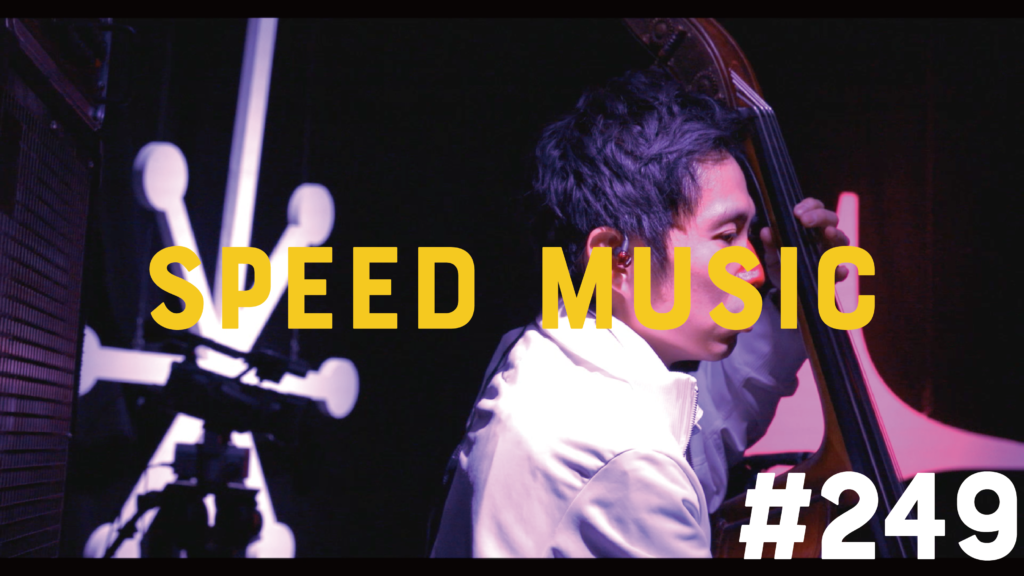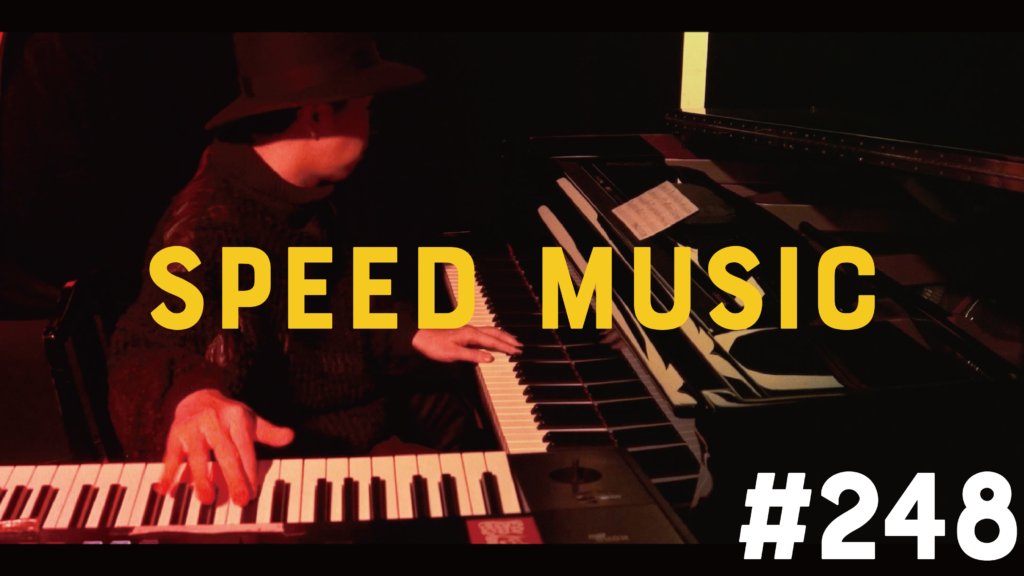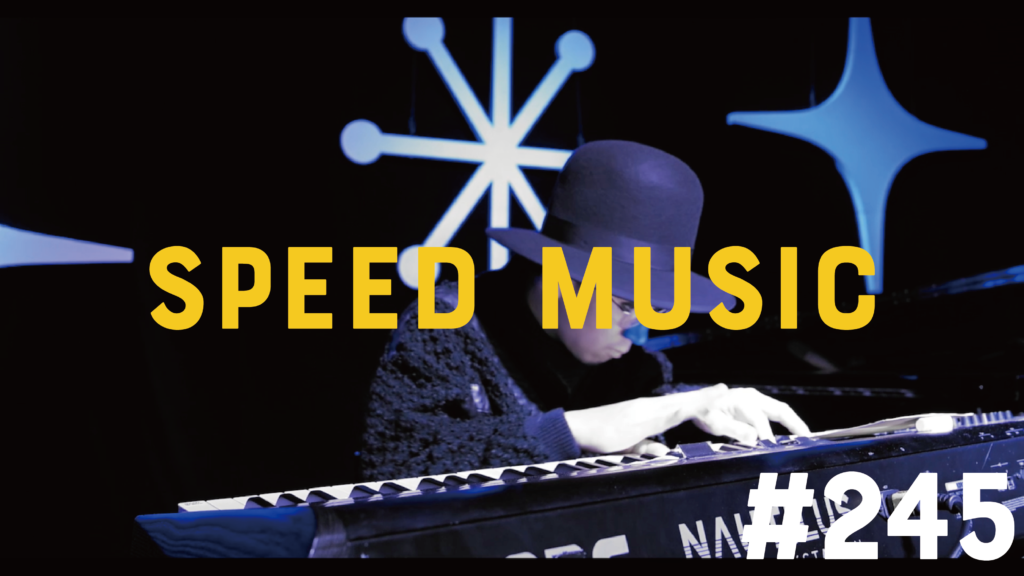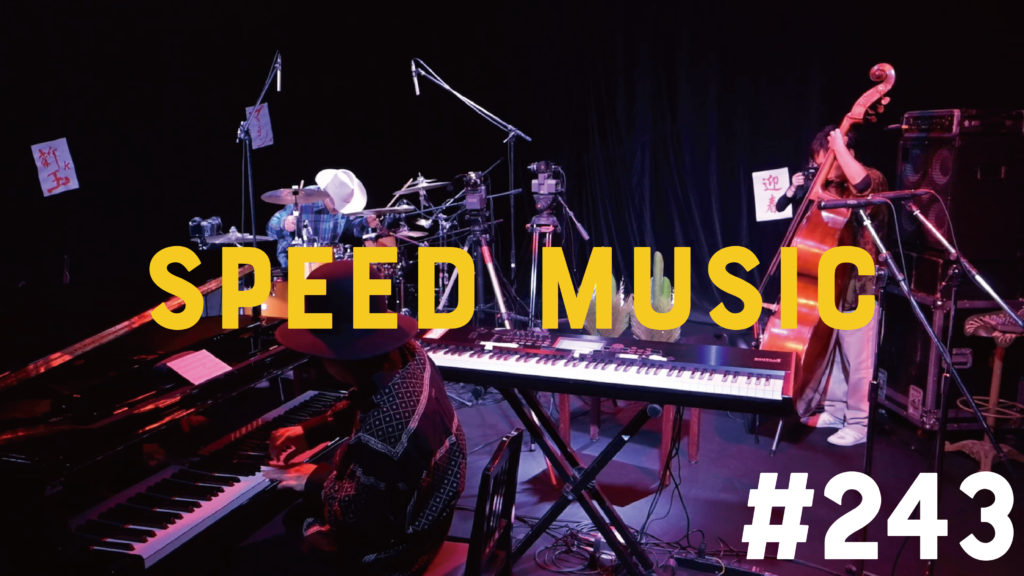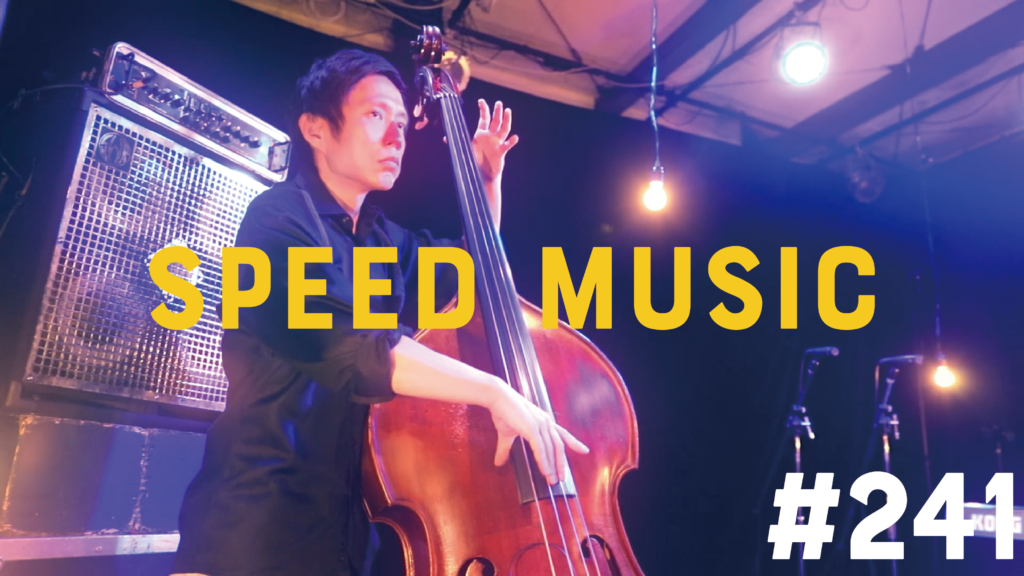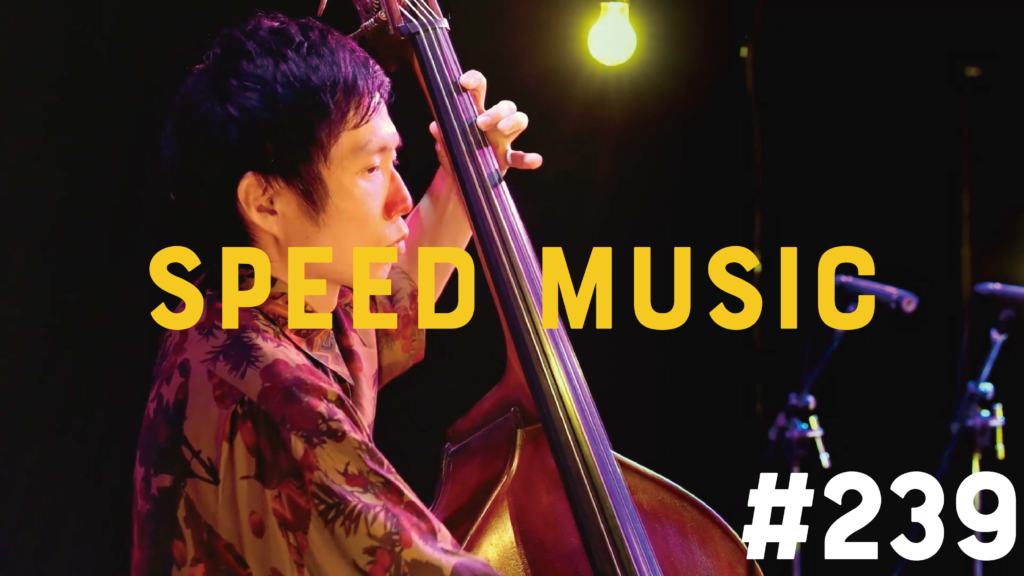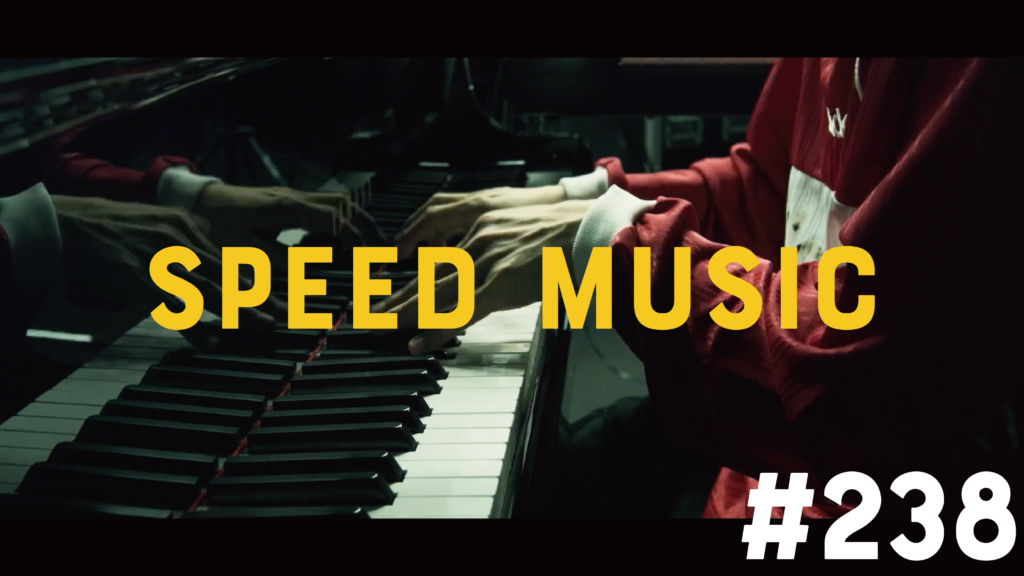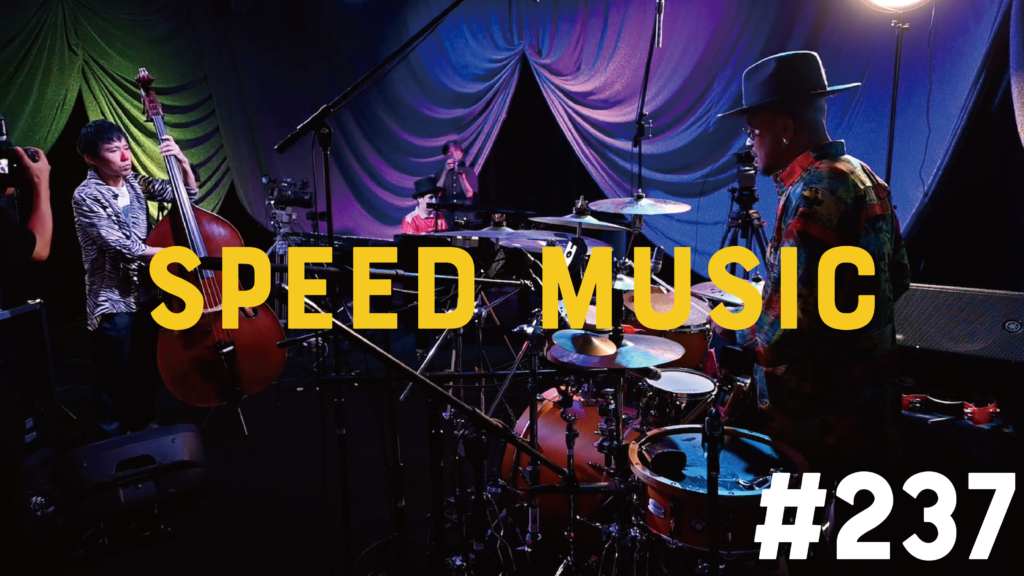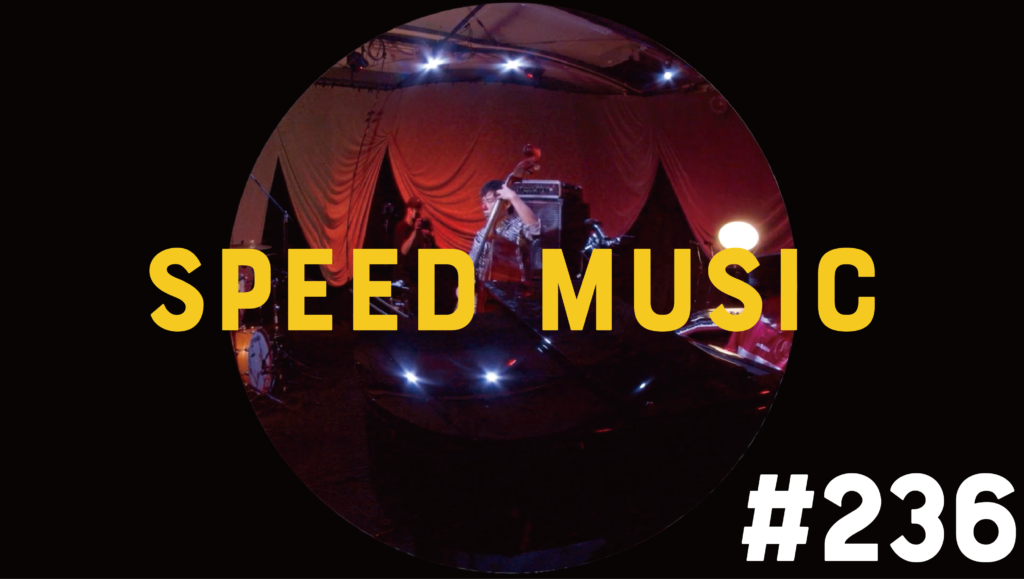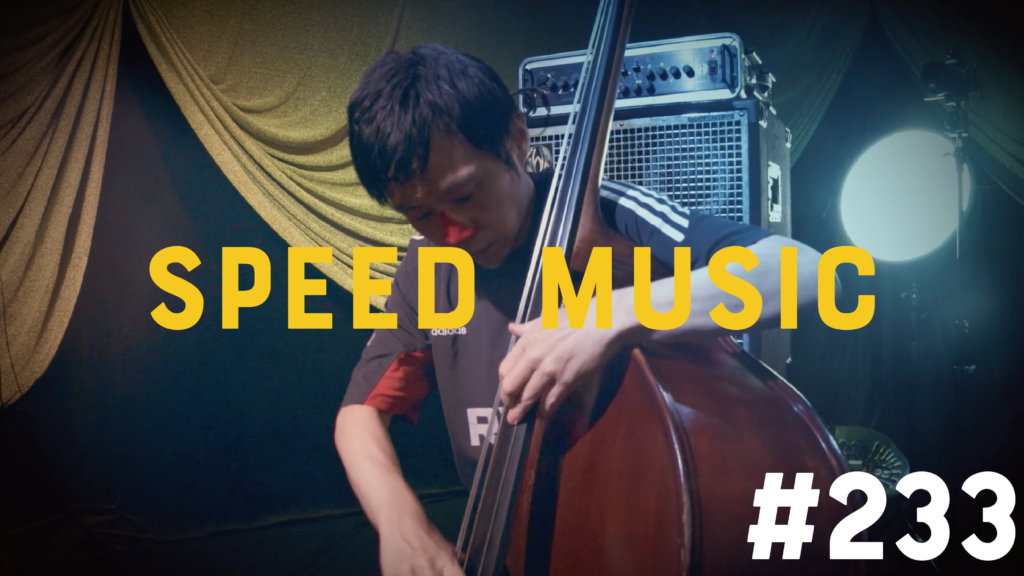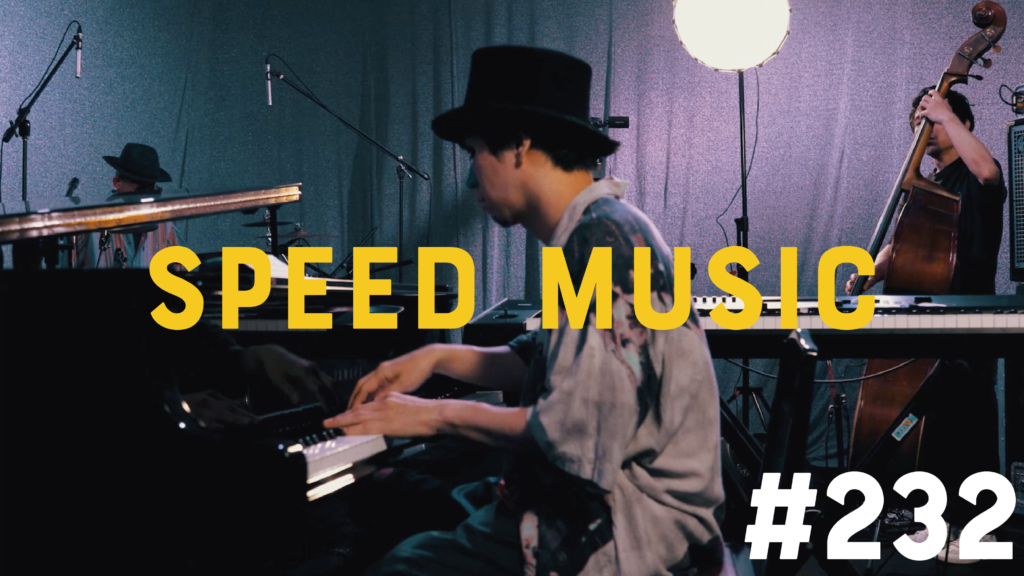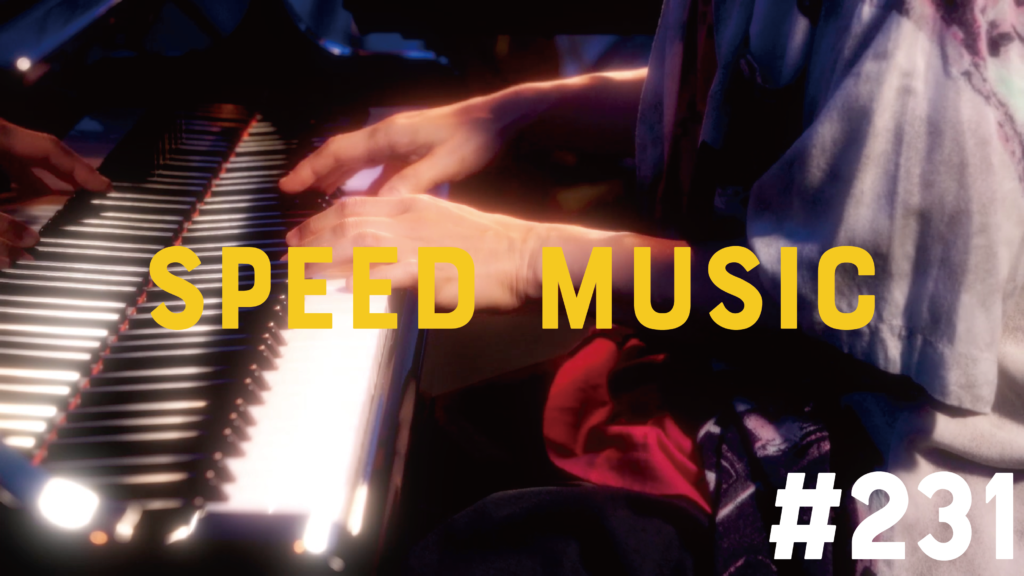#248 恋しくて / BEGIN by H ZETTRIO
BEGINの1枚目のシングル。1990年3月21日発売。発売元はテイチク。1989年9月2日に放送されたTBS系オーディション番組『三宅裕司のいかすバンド天国』で初披露され、審査員から大絶賛を受けた。その後日産自動車CMソングとなり、BEGINのデビュー・シングルにして最大のヒット曲になる。発売から半年後の10月から12月まで放送された昼ドラ『新金色夜叉 百年の恋』でも同曲が主題歌として起用。2003年にカラオケを追加収録する形で再発売された。(フリー百科事典 ウィキペディア日本語版より:https://x.gd/hwU2s)
BEGIN's first single. Released on March 21, 1990. The publisher is Teichiku. It was first performed on the TBS audition program ''Yuji Miyake's Ikasu Band Heaven'' broadcast on September 2, 1989, and received great praise from the judges. It later became a commercial song for Nissan Motor Co., Ltd., and became BEGIN's debut single and biggest hit. The same song was also used as the theme song for the daytime drama ''New Golden Yasha Hyakunen no Koi'', which aired from October to December, six months after its release. It was re-released in 2003 with an additional karaoke track. (From the Japanese version of Wikipedia, the free encyclopedia: https://x.gd/hwU2s)

